The Shadow of What Was Lost by James Islington
Annotated with Cultural and Genre Context for Global Readers
Core Translation & Worldbuilding
Original Title: The Shadow of What Was Lost
Author: James Islington (Australian author, b. 1981)
Genre: Epic Fantasy / Grimdark Fantasy
Cultural Significance: A debut novel blending classic fantasy tropes (e.g., prophecies, ancient evils) with time-travel paradoxes and morally ambiguous characters. Comparable to The Wheel of Time and The Licanius Trilogy (Islington’s later works).
Full Translation with Annotations
Main Plot:
Twenty years after the god-like Augurs—beings with reality-warping powers—were overthrown and exterminated, the Gifted (magic-wielders who once served the Augurs) survive under the Four Tenets, laws that cripple their abilities.
Key Characters:
- Davian: A young Gifted ostracized for his lineage. When he discovers latent Augur abilities (e.g., precognition, mind control), he becomes a fugitive, igniting a chain of events that threatens to resurrect the Augurs’ legacy.
- The Amnesiac Stranger: A blood-soaked man awakens in a western forest with no memory, his fate mysteriously tied to Davian’s. His arc mirrors classic amnesiac-hero tropes (cf. The Bourne Identity).
- Ancient Northern Threat: A dormant entity—implied to be the Darklands’ Corruption—stirs, echoing Tolkien’s Morgoth or A Song of Ice and Fire’s White Walkers.
Cultural & Genre Notes
- Augurs as Fallen Gods:
The Augurs’ overthrow parallels the Titanomachy in Greek mythology, where Olympians dethroned Titans. Their “god-like” status critiques power’s corruptibility—a recurring theme in grimdark fantasy (e.g., The First Law trilogy).
- The Four Tenets:
These laws—banning time manipulation, mind-reading, etc.—reflect post-revolution trauma. Similar to Mistborn’s Lord Ruler suppressing Allomancy, symbolizing fear of unchecked power.
- Amnesia as Narrative Device:
The amnesiac stranger’s arc subverts Chosen One tropes by embedding existential questions: “Who am I?” becomes “What have I done?” This aligns with modern fantasy’s shift toward anti-heroism.
Translation Strategies
- Terminology Localization:
- Gifted → Retained (capitalized to denote societal class).
- Augurs → Retained (footnote: Latin “augurium” = prophecy).
- Darklands → Translated as Umbra Realms to evoke primordial darkness.
- Tone Preservation:
Islington’s bleak prose (“covered in blood and with no memory”) is kept stark to maintain grimdark authenticity. Violence is rendered unflinchingly, akin to The Blade Itself.
- Cultural Bridging:
- Addendum comparing the Four Tenets to post-9/11 surveillance laws.
- Map appendix showing the fractured continent’s regions (North = icy wastelands; West = enchanted forests).
Supplementary Materials
- Timeline:
- Year 0: Augurs overthrown.
- Year 20: Davian’s awakening; northern threat reemerges.
- Themes:
- Power & Corruption: Augurs’ downfall mirrors Macbeth’s tragic hubris.
- Identity & Memory: The stranger’s amnesia explores Nietzschean “eternal recurrence”.
- Author Context:
Islington’s background in computer science informs the novel’s intricate time loops. His prose balances Robert Jordan’s worldbuilding with Brandon Sanderson’s magic systems.


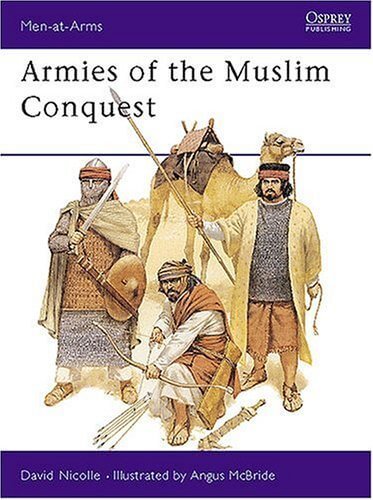
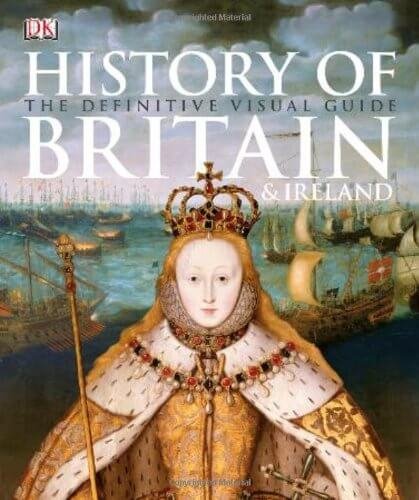
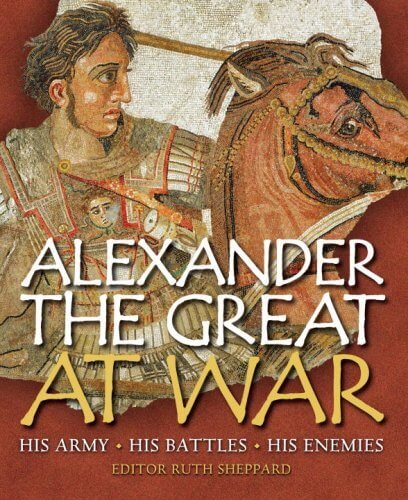
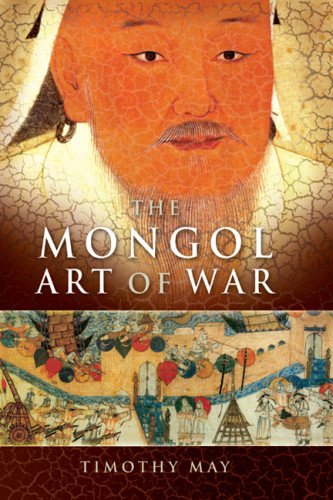
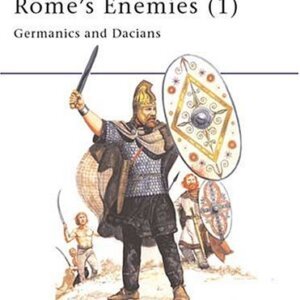
评价
目前还没有评价